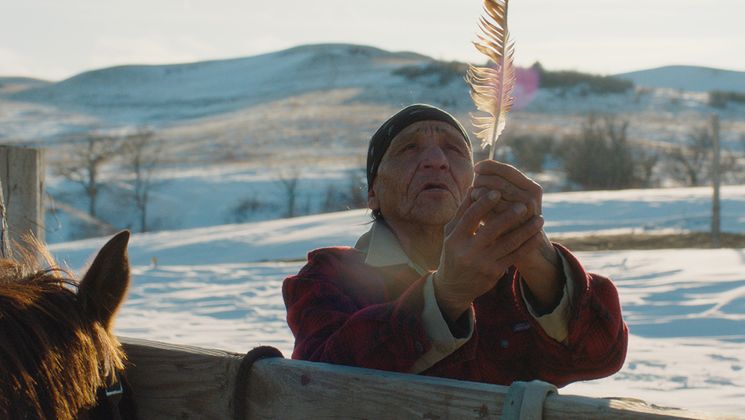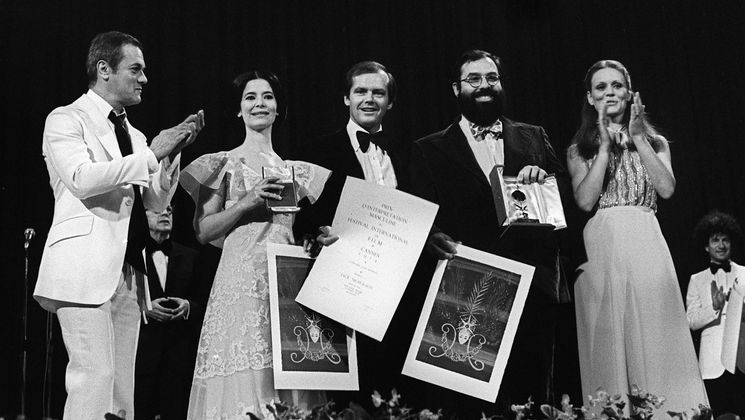
100 Years of Warner Bros.: a studio turned legend

Leslie Iwerks’ 100 Years of Warner Bros. is screened at Cannes Classics. The writer and documentary producer tells the tale of this legendary studio, from family-run affair to now-global sensation.
Can you tell us about the story of the Warner Brothers?
The Warner Brothers were four brothers who were the sons of Polish immigrants. They arrived in Hollywood in the early twenties as teens, and started off in the emerging filmmaking business, buying theatres and making movies and starting to create stars in the star system. Ultimately, they built an entire studio that rivalled the rest of the major five studios in Hollywood.
Would you say they were a real team at the beginning?
Yes, they were a real team. And that team started to fracture when Sam Warner passed away, the night before The Jazz Singer was screened. And that sort of created a rift between the brothers from that point on. But they were supportive when they were all together, working in tandem together. I think by the time they were older and Jack Warner took over the studio, that’s when things started to fall apart.
Would you say that each of them, before Sam passed away, had a specific role?
Absolutely. Albert was in distribution and Sam was in management. Harry was in finance and Sam was the technical innovator and a visionary, and Jack was sort of the creative vision.
The documentary is in two parts?
It’s actually four one-hour films. And what you’re seeing in Cannes are the first two hours. The first is all about the original story of the brothers, about how they built this company from the ground up, until Jack Warner sold it. Episode two is about the bold films they made from the seventies to the early nineties, and the filmmakers they nurtured. The third episode is about the franchise, the big blockbuster films, the Batmans. And the fourth is about entering the digital era and the sweeping, iconic worlds created in the seventies, the different universes from DC to the Superman movies.
What do the many personal anecdotes add to the film?
We interviewed executives, we interviewed directors, producers. It was really a story told from the inside, a first-person narrative, in a way that has never been told before. It was fascinating to hear directly from, say, Clint Eastwood about making certain films, but also his relationships with the studio and its executives. Speaking to the executives themselves and hearing their perspective on some of the directions the studio took is just as fascinating to me.
What is special about these studios?
I think Warner Bros. was always about taking big risks and bold choices from the very beginning. Their first film, their first early success, was Rin Tin Tin in 1923. It was about a dog, and was a runaway hit. But then they took a big gamble with The Jazz Singer (1927) and put all their money on sound. That transformed the industry. And then they were huge pioneers in creating the DVD and pushing the DVD as new technology. Their new ways of telling stories and promoting them really opened audiences’ eyes, too.


